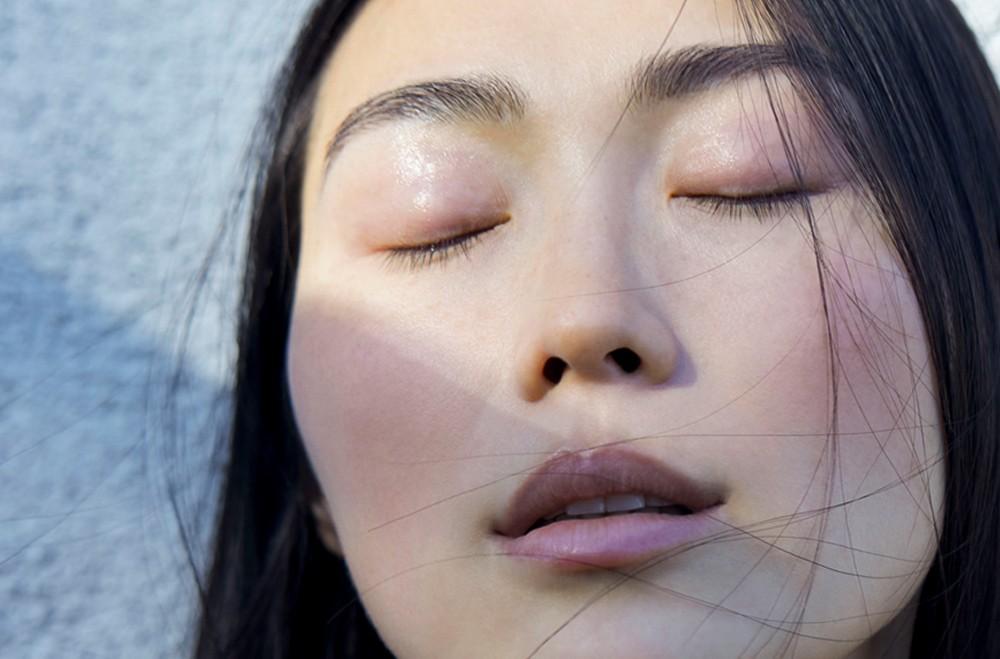
deep into SCIENCE
How To City-Proof Your Skin
In 2014 it was announced that more than half of the world’s population lived in urban areas. By 2050, that number will grow to 68 percent, according to The United Nations. And already today, one in eight urban dwellers reside in one of the world’s 33 “megacities” (New York City, Beijing, Tokyo, and cities with populations over 10 million). What do these human development trends have to do with your skin? City life, for all its fun and excitement, brings with it myriad skincare issues.
Between pollution, power plants, smoke, and smog, air quality in cities is not as good as it is in the countryside. All that free radical damage, exacerbated by UV light, is extremely harmful to the skin barrier, the outermost layer of protection between your body and the environment. Your skin, which is also your largest organ, is in constant contact with these pollutants.
A study conducted in Germany and published in the Journal of Investigative Dermatology confirmed air pollution’s effects on skin: Researchers assessed the skin of 400 women with different levels of exposure to traffic emissions, soot, and other pollutants. Based on where the women lived and the level of damage detected in their skin, the scientists concluded that “Air pollution exposure was significantly correlated to extrinsic skin aging signs, in particular to pigment spots and less pronounced to wrinkles.”
To better understand extrinsic skin aging, you have to understand the skin barrier. Your skin barrier is made up of tightly organized skin cells that form a layer of protection to guard against environmental aggressors, like pollution, UV radiation, and bacteria. When your skin barrier is functioning optimally, the irritants stay out, moisture stays in, and skin is hydrated, healthy, and radiant. When the skin barrier is weakened or compromised, skin becomes vulnerable to environmental aggressors, which generate free radicals, unstable molecules that cause damage to healthy skin cells, and in turn leave skin vulnerable to premature aging, wrinkles, and dark spots.
In other words, to live in a city means it’s even more important to take care of your skin and have a skincare regimen loaded with antioxidants to help city-proof your skin. Antioxidants are stable molecules that help fight air pollution’s effects by neutralizing the oxidative stress created by free radicals so that the unstable molecules cannot damage healthy skin cells. In other words, antioxidants disarm free radicals before they start wreaking havoc.
There are several ways to get antioxidants in your system:
• A daily diet rich in vitamins A, C and E is a good place to start. Leafy green vegetables, grains, nuts, fruit, and low-fat protein are all good sources of antioxidants.
• A skincare routine that safeguards the skin with a hearty dose of antioxidants. BL+ The Serum features BL+ COMPLEX, an ingredient technology consisting of Blue Lagoon Microalgae and Blue Lagoon Silica encapsulated into a delivery system to optimize their skin penetration. Our patented Blue Lagoon Microalgae is known to strengthen the skin barrier, prevent UV-induced collagen breakdown and promote collagen synthesis. BL+ The Serum also features vitamin C, a powerful antioxidant in one of its most stable forms: the water-soluble ascorbyl glucoside, which converts to l-ascorbic acid once absorbed by the skin. BL+ The Serum is an invisible shield against pollution, protecting the skin against the damaging effects of free radicals.
• Before you walk outside: Broad-spectrum sunscreen will protect the skin against damaging UVA and UVB light, offsetting signs of aging.
For more information:
https://www.un.org/development/desa/en/news/population/2018-revision-of-world-urbanization-prospects.html
https://www.msn.com/en-us/money/realestate/the-worlds-33-megacities/ar-BBUaR3v
https://www.ncbi.nlm.nih.gov/pmc/articles/PMC3583881/